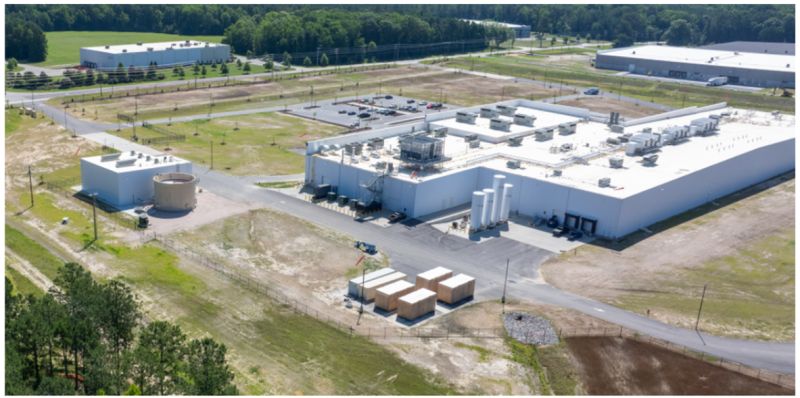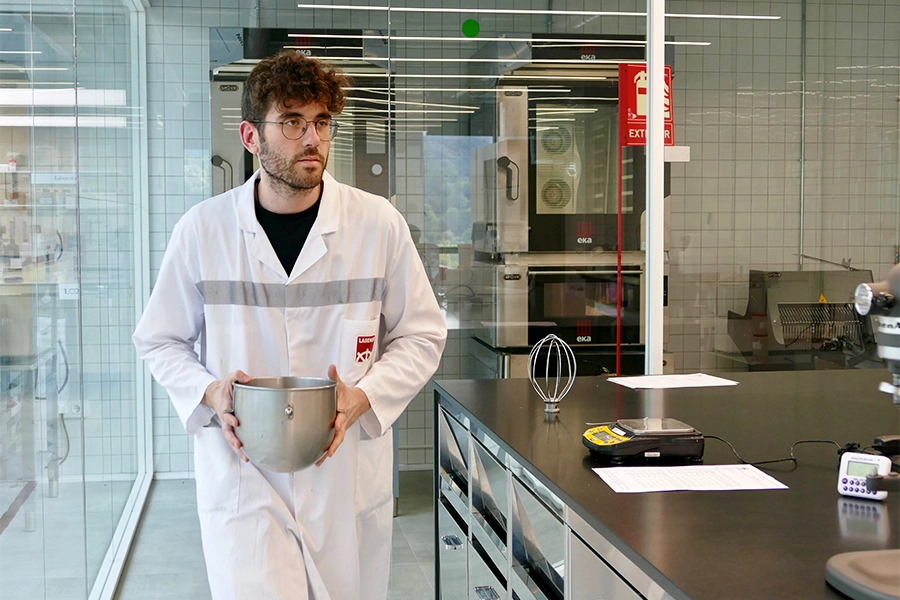

Meat alternatives could feed humans more sustainably
Current food systems don’t sustainably provide healthy diets for all, and novel alternative proteins – such as lab-grown meat, protein-rich foods created from microorganisms and plant-based foods that imitate the taste and texture of meats – could be part of a wider effort to improve food systems, according to a new United Nations report co-authored by Cornell researchers.
“Current environmental, health and social costs of global livestock systems are significant, but there is room to implement interventions that can protect both economic and environmental objectives,” commented Mario Herrero, Professor in the Department of Global Development & Director of the Food Systems & Global Change program in the College of Agriculture and Life Sciences, who co-authored the report. “Novel alternatives to animal-sourced foods can potentially play an important role in shifting our food systems in ways that are more sustainable, healthier and less harmful to animals, humans and the planet.”
The Frontiers report, released 8 December by the UN’s Environment Programme, is also co-authored by Daniel Mason-D'Croz, senior research associate in the Department of Global Development and a Cornell Atkinson Fellow. Herrero is also a Cornell Atkinson Scholar and the Nancy and Peter Meinig Family Investigator in the Life Sciences.
Per-capita meat consumption is eight times higher in Europe and North America than in Asia and Africa. And although growing numbers of people in high-income countries are reducing or eliminating animal-based foods, because of population growth and rising incomes in developing countries, global meat consumption is projected to increase by about 50% by 2050, according to the report.
Livestock provide important sources of human employment and nutrition, especially for people who face food insecurity. Livestock can eat plant proteins that are unusable by humans and convert those proteins into high-value food sources. Farmers’ use of animal manure also reduces the need for chemical fertilizers on cropland.
However, livestock production is a significant contributor to global greenhouse gas emissions (14.5-20% of total emissions), deforestation, biodiversity loss and soil and water pollution. Overconsumption of red and processed meats also increases risks of obesity, Type 2 diabetes, heart disease and certain cancers. Further, industrial livestock production is linked to increased risk of zoonotic disease and rising antibiotic resistance.
The new UN report addresses production processes and challenges, consumer and market uptake of products, and the environmental, health, socioeconomic and animal welfare considerations of such alternatives, compared to conventional animal-based products.
The report describes three main categories of novel meat alternatives: plant-based foods that replicate the sensory elements of meat, such as Beyond Meat and Impossible burgers; cultivated meat, also known as lab-grown meat or cellular agriculture, which is produced by extracting cells from a living animal and then growing them in bioreactors to create muscle, fat and other cell types; and fermented products that use microorganisms like fungi and bacteria to make protein-rich foods.
Politically, global response to alternative meats has been generally positive, the report finds. Governments including Australia, Brazil, China, Denmark, the EU, India, Israel, the Netherlands and the USA have either invested in research on such novel alternatives to conventional livestock, or provided tax exemptions or subsidies to producers. However, lobbying groups for conventional animal-sourced foods have tried to prevent plant-based alternatives from being labeled as 'meat' or 'milk', and Italy this year approved legislation banning production and commercialization of cultivated meat.
Governments can support novel meat alternatives by: supporting open-source research; ensuring that regulatory approvals are transparent and streamlined; adopting policies that are evidence-based; and “reducing or redistributing subsidies currently in place for industrial animal agriculture to ensure food prices reflect actual costs,” the report concludes.
“In order to translate these findings into actionable policy change, it’s critical that we fully account for benefit-cost analyses and take account of political dynamics and incentives within the food system,” Mason-D’Croz said. “Globally, more than two billion people suffer from food insecurity, and a substantial number of the world’s poor are farmers, so changes in the way we produce, distribute and consume animal-sourced foods must be directed in ways that ease, not exacerbate, food insecurity and inequality.”
Krisy Gashler is a writer for the Department of Global Development at Cornell University
If you have any questions or would like to get in touch with us, please email info@futureofproteinproduction.com






